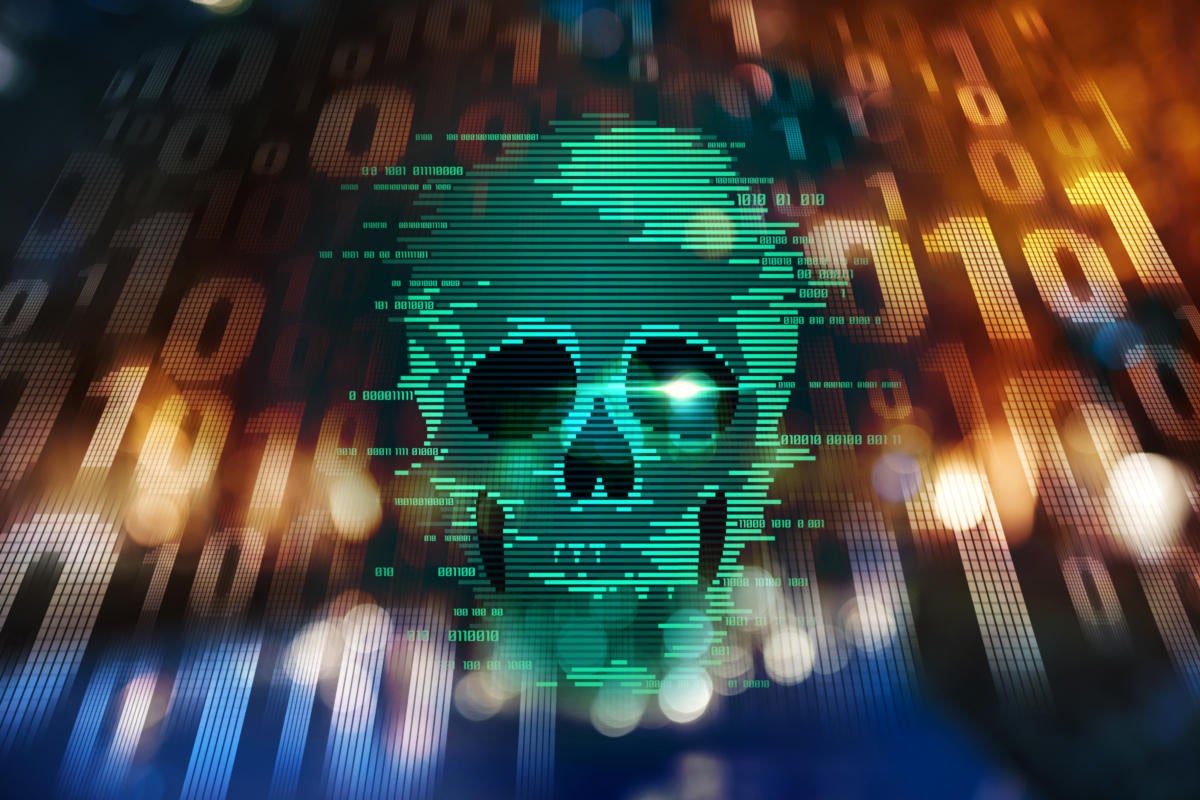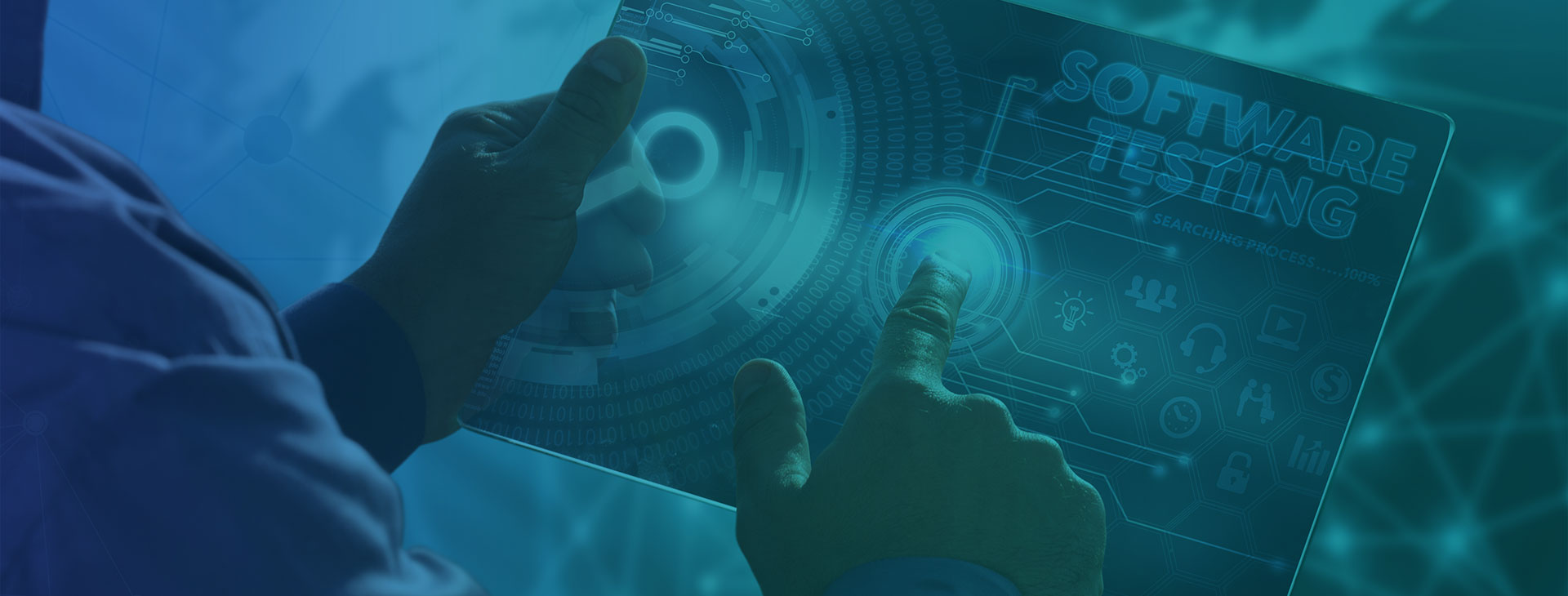In today’s digital age, cyber-attacks are a serious concern for businesses in the gaming industry. With the rise of online gambling and casinos, protecting against these threats has become increasingly important.
This article will explore how casinos protect themselves from potential cyber-attacks by utilizing various strategies such as developing secure software solutions, implementing proper authentication protocols, and regularly monitoring their systems.
Additionally, this article will discuss some of the most common types of cyber-attack that casinos face and examine case studies which illustrate effective prevention tactics. By understanding these preventative measures better, we can all work towards creating a more secure online environment for casino players around the world.
Understanding the Cyber Threat Landscape
Understanding the Cyber Threat Landscape When it comes to online security, casinos are prime targets for cybercriminals. With so much money and sensitive data on the line, casinos must remain vigilant against a wide range of threats.
To protect themselves from malicious actors, casinos need to understand the current threat landscape and take appropriate steps to prevent attacks. Cybersecurity experts have identified several types of threats that specifically target gambling establishments. These include malware infections, phishing emails, ransomware attacks,
Distributed Denial-of-Service (DDoS) attacks, social engineering scams and more. Each attack has different consequences depending on its objectives; some may be used to steal funds or confidential data while others may aim to disrupt operations or gain access control over computers within the network.

Malware is one of the most common forms of attack faced by casinos today. Malicious software can be installed onto systems without user consent in order to perform certain tasks such as stealing data or disrupting processes.
Phishing emails are another popular tactic used by attackers which involve sending an email containing malicious links or attachments designed to infect a computer when opened or clicked on by unsuspecting recipients. Ransomware also represents a major risk as it locks down files until victims pay huge amounts of money in exchange for their release.
DDoS attacks attempt to overwhelm servers with requests in order to prevent customers from accessing services or websites hosted by them while social engineering scams manipulate people into revealing sensitive information through deceptive tactics such as impersonating casino staff members via email or phone calls.
By understanding these various techniques employed by hackers and other cybercriminals ,casinos can implement measures that will help mitigate these risks before they become serious problems . The key is staying aware of potential threats so that proactive steps can be taken in order to defend against them effectively.
Developing and Maintaining a Comprehensive Cybersecurity Plan
The development and maintenance of a comprehensive cybersecurity plan is essential for casinos that want to protect against online threats. This plan must address the various components of cyber security including network monitoring, user authentication, data encryption, patching vulnerabilities, and more.
Casinos must ensure they have proper firewalls and system access controls in place to prevent malicious attacks from happening. Additionally, it’s important for them to regularly review any changes or updates that are made on their networks or systems to make sure they’re still secure.
Lastly, casinos should also consider investing in training their staff members on how to properly identify potential threats as well as respond quickly if an attack does occur. All these measures combined will help keep the casino safe from potential cyber-attacks and other related threats.
Implementing Security Measures to Protect Player Data

To ensure the safety of player data, casinos must implement robust security measures. This includes deploying firewalls to protect against malicious traffic, encrypting sensitive information and using multi-factor authentication for user accounts.
Security teams should also conduct regular vulnerability scans to identify potential threats and take proactive steps to stop them from becoming an issue. Additionally, casinos should consider implementing anti-spam filters that can detect phishing emails or other fake messages designed to collect personal data from players.
To further secure their systems, casinos can utilize behavioral analytics tools which monitor user activity in real-time and alert administrators if they identify any suspicious behavior. Finally, it is important that employees are properly trained on cybersecurity best practices so they can quickly recognize potential threats and report them accordingly.
Using Advanced Authentication Solutions for User Access Controls
Using advanced authentication solutions for user access controls is an important part of protecting against cyber threats in the casino industry, and Grand Eagle Casino is no exception. Authentication methods such as two-factor authentication, biometric verification, and single sign-on are becoming increasingly popular to ensure customer data remains secure.
Two-factor authentication requires users to provide two pieces of evidence or credentials before they can access their account while biometric verification uses physical characteristics like fingerprints or facial recognition to verify identity. Single sign on allows customers to use one set of login details across multiple platforms eliminating the need for them to remember multiple passwords.
These types of advanced security measures help reduce fraudulent activities by ensuring only legitimate users have access to accounts and information stored within those accounts. Moreover, these systems allow casinos a greater level of control over who has access rights and when they should be revoked if necessary.
Monitoring Systems and Networks for Suspected Attacks

Monitoring systems and networks for suspected attacks is a crucial part of preventing cyber threats. Specialized software and hardware solutions are used to continuously scan online activities, identify suspicious patterns, and alert security personnel when malicious activity is detected.
This can include monitoring of all incoming traffic, recording system logs, taking regular network inventory scans, setting up intrusion detection systems (IDS), or deploying honeypots as decoys to lure attackers. Automated tools may also be employed to detect any attempts at unauthorized access or data breaches in real time so that corrective measures can be taken immediately.
By regularly assessing their networks for potential vulnerabilities and responding quickly if suspicious activity is identified, casinos can ensure they stay one step ahead of would-be hackers.
Performing Regular Vulnerability Assessments and Penetration Tests
Performing regular vulnerability assessments and penetration tests are essential components of a casinos cyber security strategy. These activities help identify weaknesses in the system, reducing the risk of an attack.
Vulnerability assessments scan for known weaknesses that could be exploited by attackers, while penetration testing goes further by exploiting those vulnerabilities to determine their effectiveness. By performing these evaluations on a regular basis, casinos can ensure they stay ahead of the game when it comes to preventing cyber threats.
Additionally, comprehensive training sessions should be provided to staff so they understand how best to protect against potential attacks and respond quickly if any suspicious activity is detected.
Leveraging Automation Tools to Bolster Security Posture

The need to protect online casinos from cyber attacks is paramount. In order to bolster security postures, leveraging automation tools is essential for preventing and detecting threats in real time.
Automation tools can monitor networks, identify weak points in the system, prevent malicious activity before it happens, and take immediate action if a breach does occur. Automation also helps scale up operations quickly as new technology updates are released; this allows IT staff to focus on more pressing tasks instead of tedious manual work.
Additionally, automation offers added layers of protection by scanning for suspicious activities at all times and alerting administrators when something unusual occurs. By using these tools wisely, casinos can be better equipped to handle incoming cyber threats while staying one step ahead of potential attackers.




